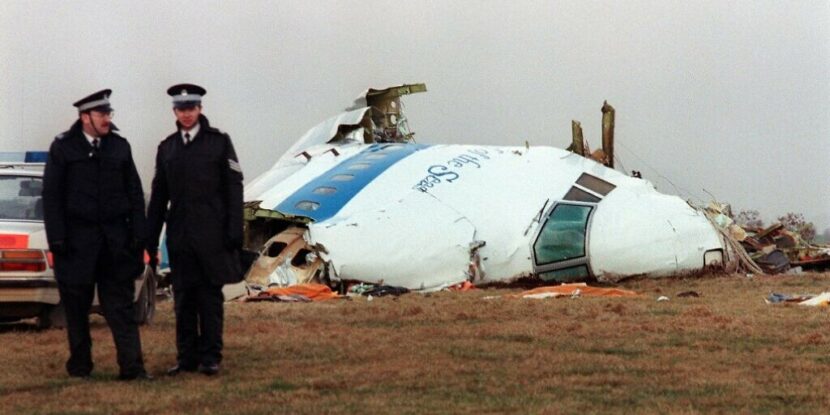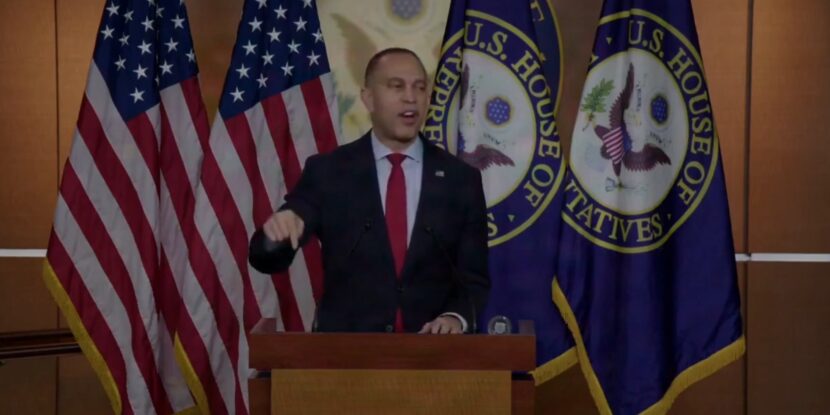Today marks the 35th anniversary of the Lockerbie bombing, a terrorist attack that took place on December 21, 1988. The bombing led to the deaths of all passengers and crew members on board Pan Am Flight 103 and impacted 11 Lockerbie, Scotland residents whose homes were hit by the plane. A mid-air explosion occurred less than an hour after the plane, carrying 243 passengers and 16 crew members, departed from London, subsequently crashing into the town. The perpetrators smuggled a plastic explosive in the front cargo of the aircraft, resulting in widespread destruction over 845 square miles. U.S. investigators later linked Colonel Gaddafi’s Libyan government to the bombing.
Libyan nationals Abdelbaset al-Megrahi and Al Amin Khalifa Fhimah were brought to trial in 2000 over the terror attack. Al-Megrahi was found guilty while Fhimah was acquitted. It wasn’t until 2003 that the Libyan government accepted responsibility, pledging to compensate victims’ families. Al-Megrahi, who was imprisoned, was released nine years later on compassionate grounds due to advanced prostate cancer. He passed away in 2012. Meanwhile, investigations into the bombing persist, with Abu Agila Mohammad Mas’ud Kheir al-Marimi, alleged to have constructed the bomb, still in U.S. custody awaiting trial in May 2025.
The bombing of Pan Am Flight 103 claimed 270 lives – including 35 Syracuse University students returning home for Christmas, U.S. intelligence officers, and the UN commissioner for Namibia. The high-profile victims and the fact that it occurred shortly before Christmas generated widespread international attention. The suspected bomb had been reportedly concealed in luggage that had passed through multiple baggage systems undetected. This event prompted an overhaul of security measures, including screening of all baggage prior to being loaded onto aircraft and regulations to prohibit unaccompanied luggage from being flown.




















